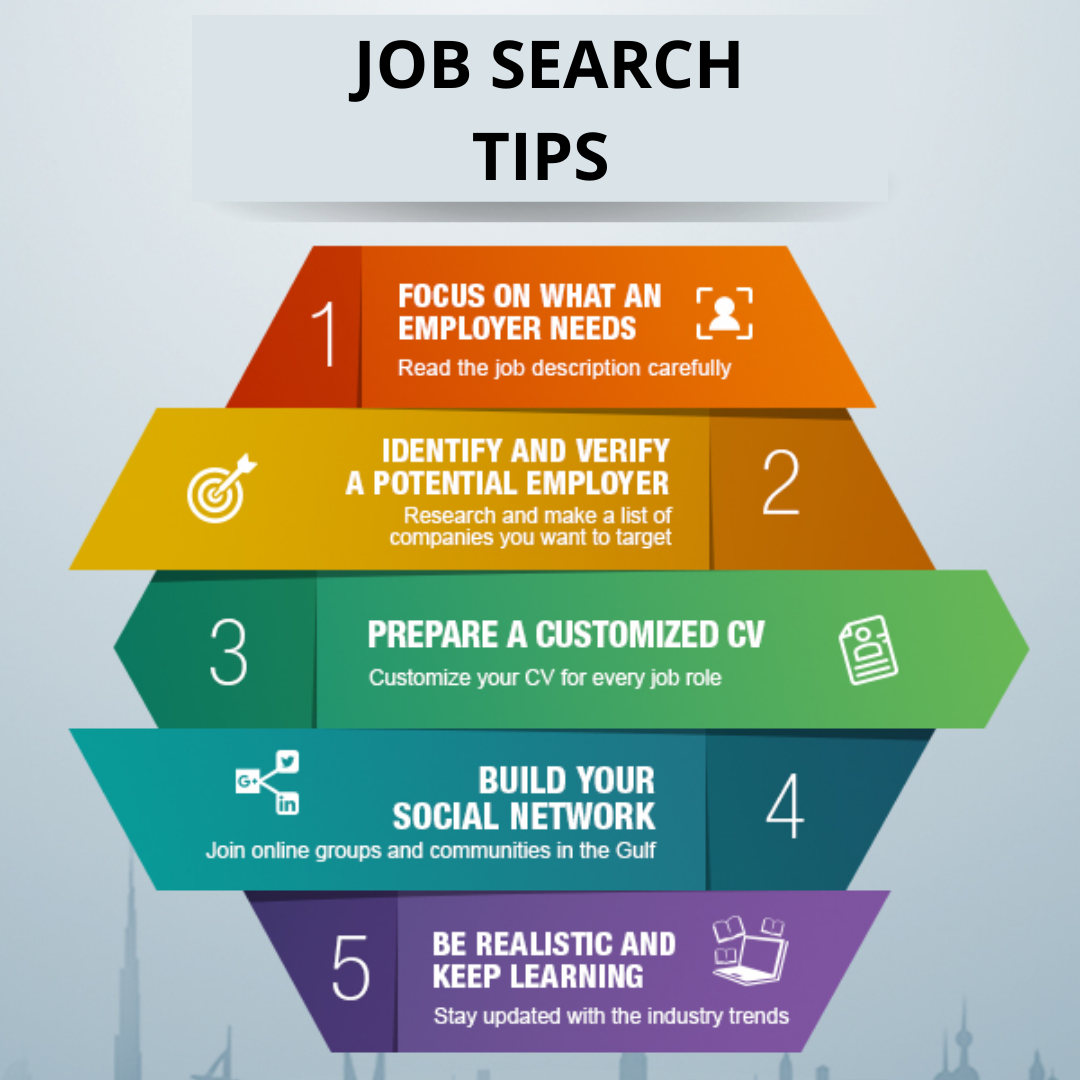The inquiry of “Who am I?” is a perennial philosophical pursuit, invoking deeper reflection and often accompanied by a sense of playful curiosity. This question is not merely an intellectual exercise; it serves as a profound challenge to excavate the essence of our identity, laden with complexities and nuances that transcend superficial self-perception. The Baha’i teachings provide a rich framework for navigating this introspective odyssey, encouraging seekers to delve into their innermost being and to cultivate a more profound understanding of their purpose in the cosmos.
At the onset, it is imperative to acknowledge that the quest for identity is inextricably linked to an understanding of one’s relationship with the divine. Baha’u’llah, the founder of the Baha’i Faith, poignantly asserts that humanity is fundamentally a reflection of divine attributes. This establishes a baseline for our exploration: our identities are interwoven with spiritual truths that beckon us to recognize not only our individual selves but also our interconnectedness with all humanity.
To embark on this transformational journey of self-discovery, it might be helpful to employ a structured approach. We can delineate this inquiry into several key areas: self-awareness, purpose, service, and community. Each of these aspects offers a unique lens through which to examine the question of identity, facilitating a comprehensive understanding of who we are and, perhaps more crucially, who we can become.
Self-awareness is the cornerstone of any introspective exploration. It necessitates a meticulous examination of our thoughts, emotions, and motivations. The Baha’i teachings advocate for the cultivation of virtues such as humility and detachment, which can significantly aid in this self-exploration. When we approach our identity with humility, we open ourselves to a more expansive view of our potential and allow for the possibility that our understanding of self may evolve. Furthermore, practicing detachment enables us to disentangle from societal expectations and superficial labels that often cloud our perception of who we truly are.
However, self-awareness is not always a comfortable process. It poses a playful challenge: as we begin to unravel the layers of our persona, we may confront aspects of ourselves that are dissonant with our ideals or societal images. Embracing this dissonance is essential; it invites growth and transformation. Engaging in reflective practices, such as journaling or meditation, can facilitate this process. By documenting our thoughts, we create a dialogue with ourselves, unearthing buried beliefs and latent capabilities that shape our identity.
Once we cultivate a deeper self-awareness, the next pivotal stage involves uncovering our purpose. What drives us? What ignites our passions? The Baha’i Faith emphasizes that each individual possesses unique talents and attributes which can contribute to the greater good. This premise challenges us to explore how our skills can be harmonized with our spiritual aspirations. In this context, the question shifts from “Who am I?” to “How can I serve?”
Service emerges as a critical dimension of identity formation. The Baha’i teachings underscore that true fulfillment is found in the selfless service of others. This leads us to recognize that our identity is not solely an internal phenomenon but is fundamentally relational. Engaging in acts of service not only enriches our understanding of self but also fosters a sense of belonging—transforming our self-perception from solitary existence to integrated community. Hence, identifying opportunities to contribute to our communities, whether through volunteer work, mentorship, or simply advocating for justice, can illuminate our sense of identity in ways we may not have anticipated.
Building upon the themes of service and purpose, we find ourselves naturally drawn towards the notion of community. In the Baha’i perspective, the strength of our identity is reinforced through our connective ties with others. Engaging with a diverse group of individuals expands our worldview and cultivates empathy, allowing us to integrate various facets of identity grounded in shared experiences and common goals. This acknowledgment of our collective humanity further enriches our understanding of self.
Nevertheless, the journey toward self-discovery in the context of community may present its own set of challenges. The interplay of differing opinions, personalities, and cultures can often evoke tension and uncertainty. Herein lies another playful yet formidable test: how do we maintain our individuality while embracing a collective identity? Striking this balance requires a keen awareness of our values and the flexibility to adapt without losing authenticity. The Baha’i teachings emphasize unity in diversity, reminding us that our distinctiveness contributes to a harmonious whole rather than detracts from it.
As one delves deeper into the inquiry of “Who am I?”, it becomes evident that this exploration is not merely an endpoint but rather a dynamic process, one that is continually evolving as we engage with the world around us. It is a journey informed by self-awareness, guided by purpose, enriched through service, and ultimately grounded in community. Each facet interplays to create a robust and nuanced identity, one that reflects our divine potential and our shared human experience.
In conclusion, the Baha’i teachings offer profound insights into the quest for personal identity, urging seekers to embark on transformative journeys within. By applying these tenets, one can confront the challenge of self-discovery with courage and curiosity. Through the exploration of self-awareness, the recognition of purpose, the embrace of service, and the cultivation of community ties, individuals are empowered to answer the essential question: “Who am I?” in a manner that resonates deeply with their spiritual and communal essence.
